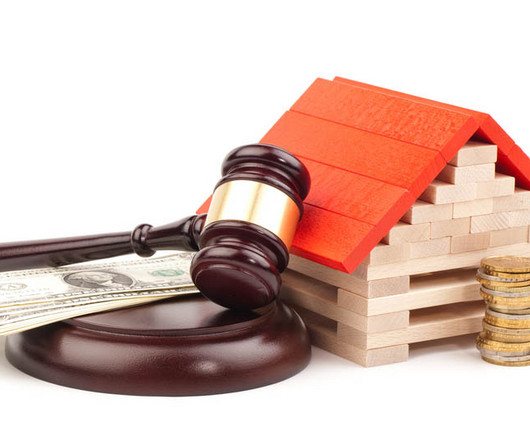Chapter 13 Bankruptcy Dismissed. Can I Refile?
Sawin & Shea
JUNE 21, 2023
Filing for Chapter 13 bankruptcy can help you improve your financial situation. Unfortunately, not everyone filing Chapter 13 will complete the repayment process. Unfortunately, not everyone filing Chapter 13 will complete the repayment process.












Let's personalize your content